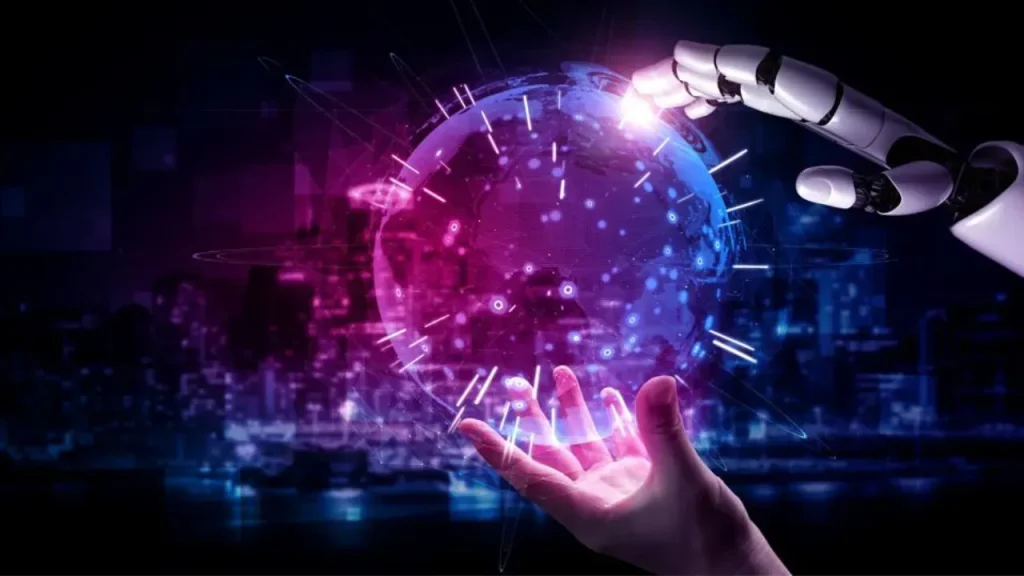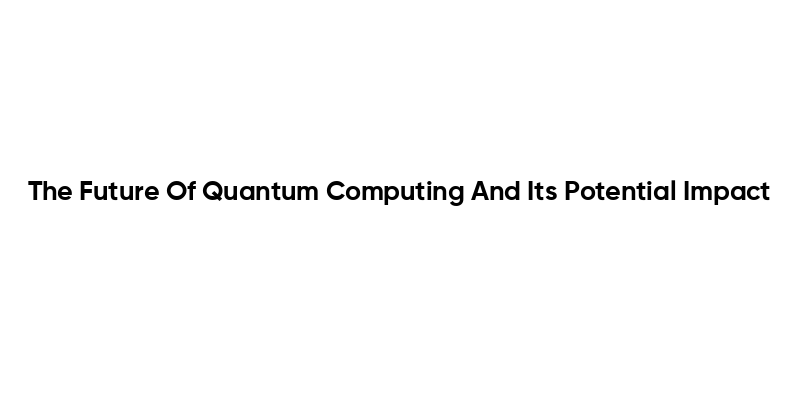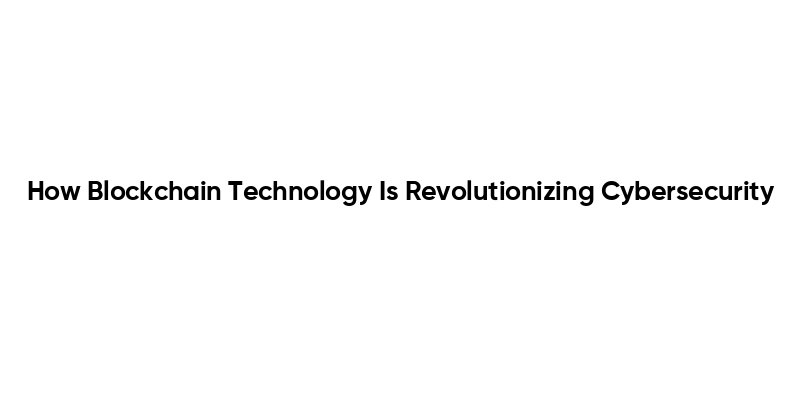Future of technology is reshaping our world at an accelerating pace, driven by AI, automation, and data-driven decision-making. This trajectory amplifies human capabilities, reshapes workflows, and demands new kinds of governance as both businesses and individuals prepare to innovate, compete, and create value. AI trends 2025 will guide the next stages of capability, with automation in industry accelerating efficiency and innovation on factory floors. Digital transformation and machine learning advances are powering smarter products, while ethical AI provides guardrails for responsible deployment. The coming era demands thoughtful risk management around privacy and security, yet also invites new opportunities to innovate and create value.
Looking at the same horizon through a different vocabulary, the future of technology becomes intelligent automation, data-driven modernization, and resilient digital ecosystems. LSI-inspired terms such as predictive analytics, on-demand computing, and adaptive algorithms describe the shift toward smarter, more connected operations. Organizations that embrace upskilling, robust governance, and interoperable platforms will ride disruption toward new products, services, and competitive differentiation. Ultimately, this reframing emphasizes human-machine collaboration, privacy-conscious design, and trustworthy AI as essential pillars of sustained growth.
Future of technology: AI trends 2025, digital transformation, and responsible governance
The Future of technology is not a distant horizon but a continuum of innovations that amplify human capabilities, reshape workflows, and require thoughtful governance. As AI, automation, and data-driven decision-making move from novelty to necessity, organizations must align strategy with governance, risk, and value creation. AI trends 2025 point toward more capable, safe, and context-aware systems, with foundation models becoming adaptable cores for customer service, research, and beyond. Multimodal AI enables unified interpretations of text, images, and audio, unlocking new ways to interact with information while preserving human oversight and accountability.
To reap the benefits while managing risk, firms should invest in robust evaluation, transparency, and guardrails. The discourse around AI trends 2025 emphasizes human-in-the-loop decisions, data quality, model reliability, and mechanisms to communicate limitations. Ethical AI becomes a practical requirement as deployment scales, influencing product design, privacy protections, and stakeholder trust. In this light, digital transformation is not just technology adoption but a framework for aligning tools with strategy, customer needs, and regulatory expectations.
Automation in industry and machine learning advances: driving efficiency and resilience
Across manufacturing floors, automation in industry is moving from isolated pilots to scale, with cobots collaborating with humans on repetitive tasks, predictive maintenance reducing downtime, and sensors delivering real-time visibility. In logistics, automated warehouses, autonomous vehicles, and route-optimization algorithms cut cycle times and trim inventory costs. Agriculture benefits from precision farming with automated irrigation, drones, and soil sensors, all powered by data-driven decision-making that aligns with the broader digital transformation agenda.
However, scale also requires attention to workforce transitions, safety standards, and integration with legacy systems. Leaders who define clear outcomes, invest in upskilling, and measure impact with the right metrics tend to win the race toward efficiency and resilience. As machine learning advances enable more capable automation, organizations must also consider privacy, security, and the ethical implications of automated decisions to maintain trust and resilience.
Frequently Asked Questions
How will the Future of technology evolve with AI trends 2025 and digital transformation across industries?
The Future of technology will be driven by scalable AI systems, multimodal capabilities, and governance that balances speed with accountability. AI trends 2025 point to more capable and context-aware models, deployed with human-in-the-loop workflows and robust evaluation to reduce risk. Digital transformation accelerates as data becomes a strategic asset, connecting processes through automation and end-to-end platforms. Organizations that invest in responsible data practices, privacy protections, and upskilling will realize faster innovation and better outcomes.
Why is ethical AI essential in the Future of technology, and how do automation in industry and machine learning advances intersect?
Ethical AI is foundational to trust and long-term value in the Future of technology. Governance, bias mitigation, and transparent explanations help meet legal and social expectations while enabling scalable automation in industry. As machine learning advances unlock more capable systems, organizations must pair innovations with privacy protections, auditability, and diverse oversight to prevent unintended harms.
| Area | Focus / Theme | Key Points |
|---|---|---|
| AI Trends 2025 | Building safe, capable, context-aware systems | Foundation models will scale and adapt; multimodal AI; guardrails and human-in-the-loop workflows; AI augmentation (reasoning, design, innovation); focus on data quality, model reliability, and monitoring; evaluation and transparency to manage unintended consequences. |
| Automation in Industry | From pilots to broad deployment | Cobots on manufacturing floors; predictive maintenance; automated warehouses; autonomous vehicles; route optimization; data-driven decision-making; interoperable platforms; rapid scaling; workforce upskilling; safety standards; legacy-system integration. |
| Machine Learning Advances | Efficiency and accessibility | Smaller yet powerful models; energy-efficient training; on-device ML; federated learning; reinforcement learning for robotics and optimization; transfer learning; explainable and robust systems; auditable models and domain-expert understanding. |
| Digital Transformation | Intersection of technology, culture, and process | Modern data platforms; cloud-first or hybrid-cloud; end-to-end workflows; governance, lineage tracking, and quality controls; faster decision-making; improved customer experiences; new revenue; cybersecurity, privacy protections; resilient architectures; aligning tech choices with strategy and customer needs. |
| Ethical AI | Governance and accountability | Purpose, consent, bias mitigation, and transparency; model cards and evaluation reports; regular audits; diverse voices in design; privacy and data ownership policies; responsible use in sensitive domains; inclusive, sustainable product development. |
Summary
Future of technology is not a single unstoppable force but a tapestry woven from AI, automation, and human judgment that shapes how we work, learn, and create value. The trends and themes—AI trends 2025, automation in industry, machine learning advances, digital transformation, and ethical AI—interlock to reshape business models and daily life. Sustainable progress will come from continuous learning, robust governance, and resilient systems, all while fostering collaboration between people and machines. In the Future of technology, privacy, fairness, and security remain safeguards as technology amplifies capabilities and broadens opportunity for society at large.



